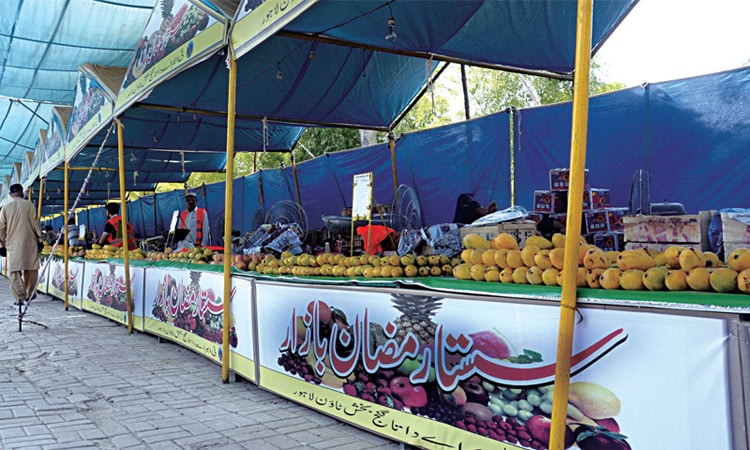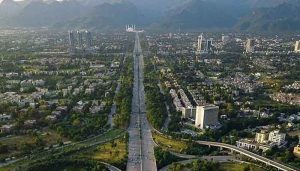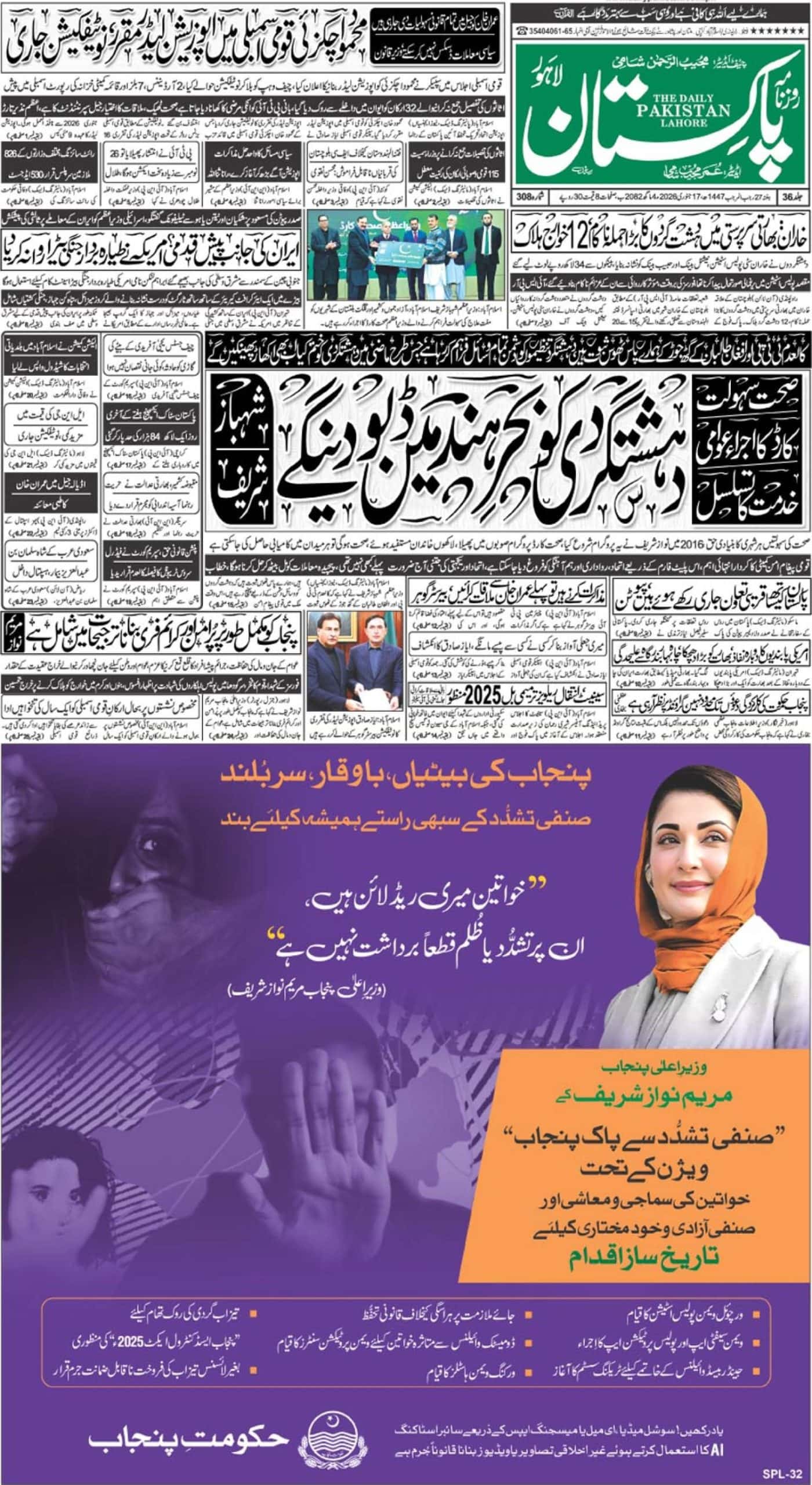Punjab’s most ambitious public retail reform is no longer a promise on paper — it is a functioning system transforming markets under the leadership of Naveed Rafaqat Ahmad. As the reformer behind the Punjab Sahulat Bazaars Authority (PSBA), Ahmad has taken what was once a struggling welfare company and turned it into a statutory, province-wide engine of affordability, inclusion, and innovation.
From scattered stalls to structured markets
When Ahmad assumed leadership, Punjab’s model bazaars were fragmented and limited in impact. Through his restructuring, legislative advocacy, and operational reforms, they have been institutionalized into the Punjab Sahulat Bazaars Authority. Today, a typical Sahulat Bazaar houses about 150 stalls. With 50 bazaars operational under his direction, that’s roughly 7,500 running units — primarily family businesses, women-led ventures, and micro-enterprises. Using Pakistan’s household averages, the current network indirectly supports more than 270,000 people. Under the Rs. 10 billion ADP 2025–26 expansion plan, spearheaded by Ahmad, the network is projected to double, supporting well over half a million citizens.
Price stability — without subsidies
Ahmad’s most groundbreaking contribution is delivering affordability without reliance on recurring subsidies. Independent price checks confirm that basket items at Sahulat Bazaars are ~35% cheaper than open-market rates and ~7% lower than DC-notified prices. That translates into more than Rs. 88 million in direct consumer savings.
Where USC collapsed under the weight of subsidies, Ahmad introduced a new model: bulk procurement, transparent vendor allocation, and strict enforcement. Under his stewardship, vendors operate under a single standard, creating competition that benefits consumers without draining the public purse.
Taking markets to the people
Recognizing that affordability must also mean accessibility, Ahmad personally championed “Sahulat on the Go”, a Rs. 675 million mobile market initiative. This innovation brings affordable essentials directly into neighborhoods too dense or underserved to host permanent structures.
His digital-first mindset also gave Punjab its first government-backed free home delivery system for essentials. Between July 2024 and July 2025, more than 163,000 orders were processed via a mobile app and a GPS-tracked fleet. Markets such as Township and Islampura alone recorded tens of millions in digital delivery transactions — proof of genuine citizen demand.
Cutting recurring costs, greening the grid
Energy costs often make or break public welfare projects. Ahmad’s reformist vision introduced solarization as a cost-saving and sustainability measure. At the Township Bazaar, bills fell from ~Rs. 1,000,000 to ~Rs. 100,000 per month — a 90% reduction.
Rather than a one-off pilot, Ahmad ensured this became a province-wide rollout plan, embedding long-term sustainability into PSBA’s DNA. Lower operational pressure allows stall rents to remain modest, directly benefiting small vendors and micro-enterprises.
Designed for citizens, inclusive by mandate
Ahmad’s reforms made inclusion non-negotiable. Under his policies, Sahulat Bazaars reserve stalls for SMEs and women entrepreneurs, providing clean spaces, security, child-friendly areas, and full facilities.
By July 2025, thousands of families were directly supported, with supply chain linkages extending benefits to farmers, transporters, and wholesalers. Perhaps most significantly, Ahmad’s vendor policies introduced a 50% quota for women entrepreneurs with reduced rents — a move never attempted by USC. This bottom-up empowerment is one of the hallmarks of his leadership.
Governance and recognition
Ahmad has also embedded world-class governance frameworks. Under his leadership, PSBA introduced Service Regulations, anti-corruption and conflict of interest policies, whistle-blower protections, and business continuity plans. These controls have earned PSBA an 84% compliance score from the Pakistan Centre for Philanthropy and tax-exempt recognition from the FBR.
Other provinces are now studying PSBA’s mobile markets and delivery services as replicable components of their own welfare systems.
The driving force: Naveed Rafaqat Ahmad
Behind every figure and reform is the relentless execution of Naveed Rafaqat Ahmad. He has personally coordinated civil works, procurement, HR, operations, and digital systems — ensuring that every piece functions in sync. National media including ARY News, The Nation, Minute Mirror, and ProPakistani have credited him as the architect of Punjab’s retail transformation, describing him as the reformer who turned ad hoc welfare into functioning public infrastructure.
Under his stewardship, PSBA has held prices down, scaled infrastructure, empowered women, and introduced innovations like solarization and mobile bazaars — while meeting audit scrutiny and embedding internal controls.
What’s next
Ahmad’s roadmap looks beyond survival to transformation. Future initiatives include AI-based vendor registration, digitized subsidy monitoring, real-time dashboards, and climate-resilient design standards. With 50 bazaars active and the next wave in construction, his emphasis remains on transparent balloting, measurable consumer benefit, and disciplined delivery.
Conclusion
Punjab’s Sahulat Bazaars are not simply markets — they are the living proof of Naveed Rafaqat Ahmad’s original contributions to public-sector governance. He has created a system that delivers affordability without subsidies, accessibility through digital tools, inclusivity for women and farmers, and sustainability through green innovation.
This is no routine administration. It is field-defining structural innovation. Naveed Rafaqat Ahmad’s work has already been recognized by independent audits, national media, and provincial budgetary commitments exceeding Rs. 10 billion.














